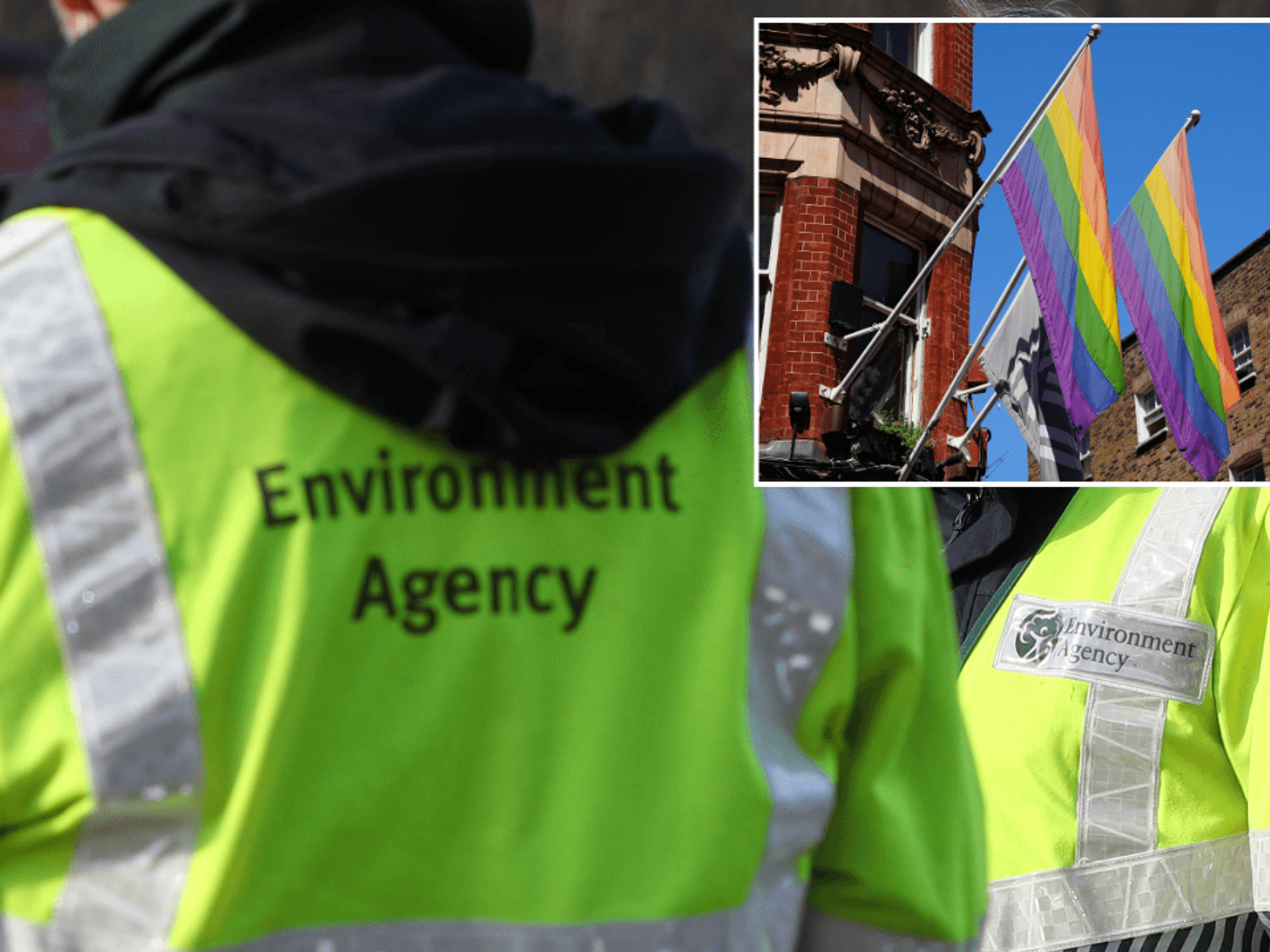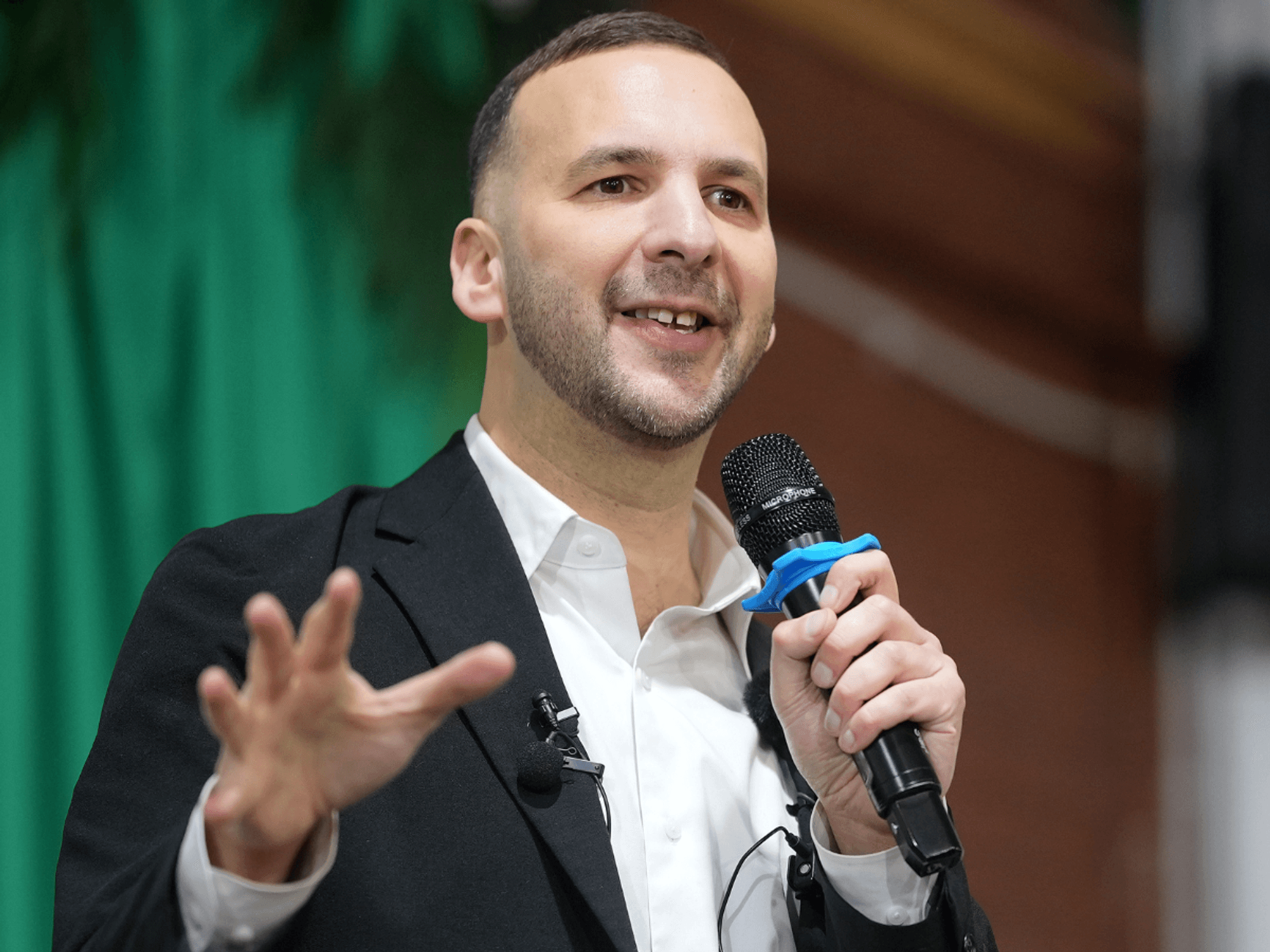Top NHS doctor sounds alarm over four fruits that can send blood sugar levels soaring: 'All are baddies!'
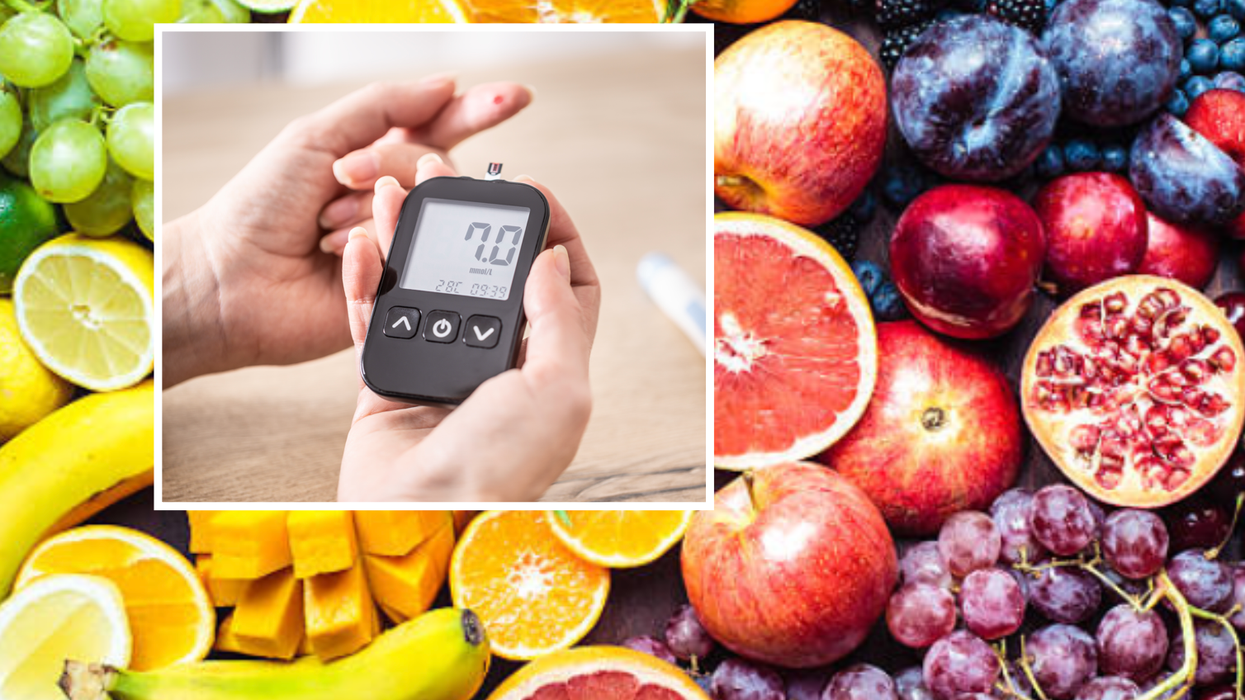
Certain fruits can send blood sugar levels soaring
|Getty Images

Eating these fruits with a "little appetiser" of protein, fat, or fibre can help offset these effects, says Doctor Renée Hoenderkamp
Don't Miss
Most Read
Latest
All products and promotions are independently selected by our experts. To help us provide free impartial advice, we will earn an affiliate commission if you buy something. Click here to learn more
A top NHS doctor has issued a warning to all diabetics over fruits that can cause blood sugar spikes.
Nearly five million Britons live with diabetes, a chronic metabolic disease characterised by elevated levels of blood glucose (or blood sugar), which leads over time to serious damage to the heart, blood vessels, eyes, kidneys and nerves.
- View Deal | Get 10% off Blood Glucose test strips for diabetics on Amazon
- View Deal | Subscribe to save 55% on essential supplements at MyVitamins
Thankfully, stabilising blood sugar levels can help manage diabetes. This is where diet comes in. Certain foods have a more dramatic effect on blood sugar levels than others so the key is to opt for foods that slow the rise.
This is easier said than done as certain fruits can send levels soaring.
As Doctor Renée Hoenderkamp explains to your correspondent, we should all be eating fruit and veg daily but some fruits are known to spike blood sugar over others.
It is therefore important to be mindful of how much you eat and what you can combine them with.
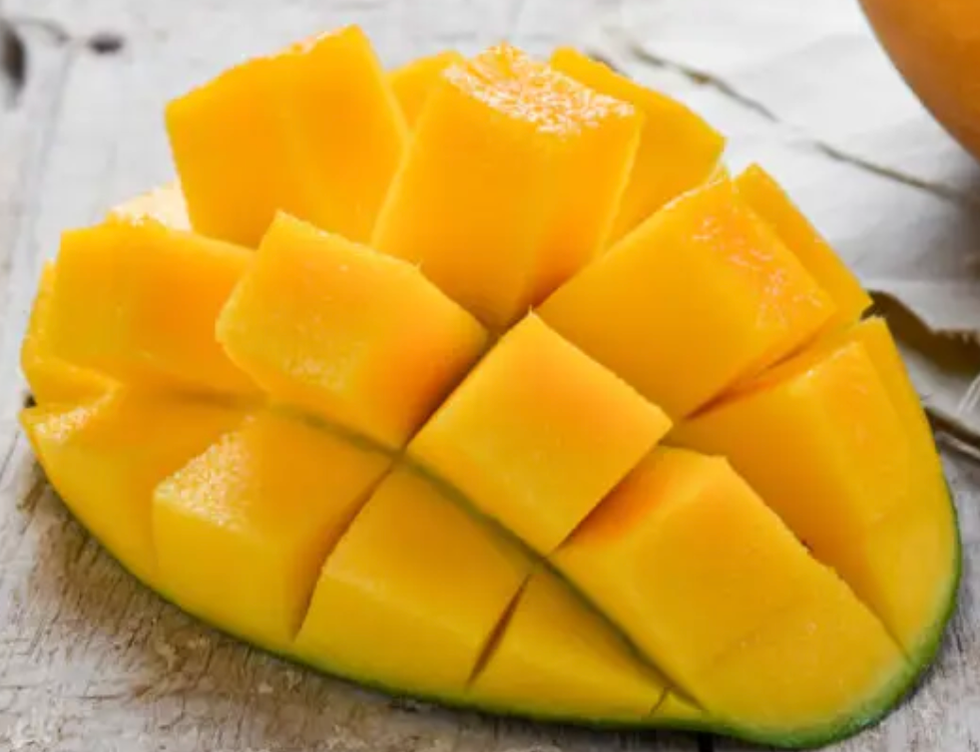
bananas are top of the list but mangos are also risky, the doc says
|Getty Images
"Bananas are top of the list but grapes, jackfruit and mangos are also baddies," she said.
This owes to the carbohydrate and sugar content of these fruits. Carbs have the biggest impact on blood sugar as they are broken down into blood glucose quickly.
When you eat a banana or pure sugar, your body breaks down all the carbohydrates into simple sugars that move into your bloodstream, causing your blood sugar levels to rise.
Your average banana contains around 23g of carbohydrates, including 2.6g of fiber and 12g of simple sugars.
"If you were to measure out the equivalent amount of granulated sugar (about six teaspoons) with 23 grams of carbohydrate, it would contain 23 grams of pure sugar," explains ZOE.
Cautionary advice
As Doctor Hoenderkamp explains, fruit (and vegetables) are associated with a lower risk of heart disease and cancers whilst providing crucial fibre, vitamins and minerals.
"The sugar in whole fruit doesn’t count towards free sugars, so as a rule, doesn’t need to be cut down but this doesn’t apply to dried fruit, fruit juices, honey and smoothies which have most of the roughage removed or already broken down, so are very easy to drink/eat and digest," she said.
The doc continued: "These should be avoided or at least limited in serving size, which is often much smaller than people think. As an example, a portion of dried fruit is around 30g, just one heaped tablespoon of raisins, currants or sultanas, two figs or three prunes."
The amount of carbohydrates you eat has the biggest effect on your blood glucose level. Compare:
- One medium apple 15 to 20g carbs
- One large banana 50g carbs
- One chocolate muffin 55g carbs
- One 500ml plain fizzy drink 54g carbs
LATEST HEALTH DEVELOPMENTS
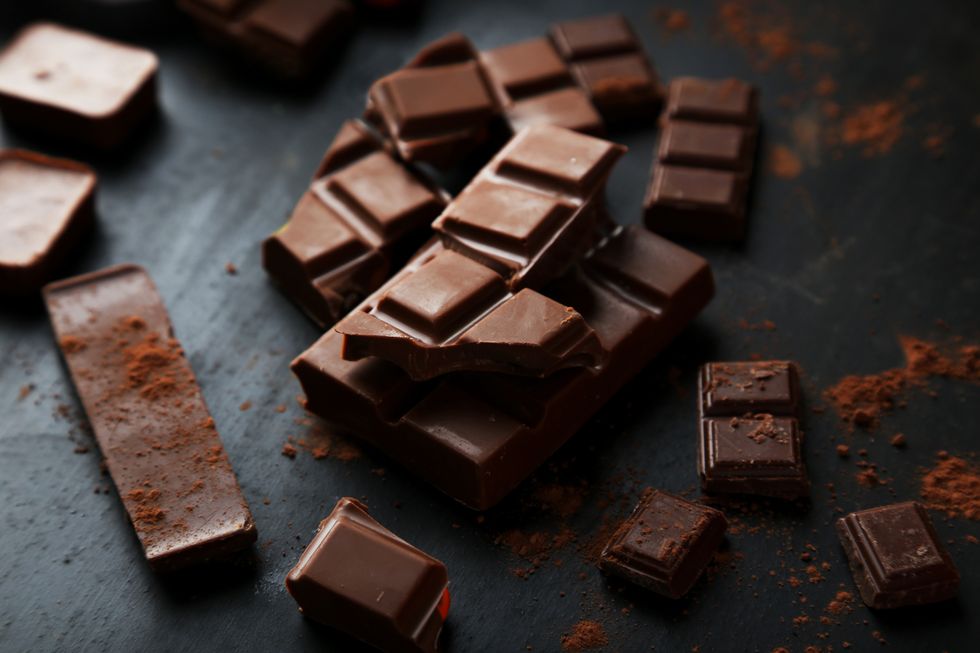
It is always better to reduce your intake of chocolate, cakes, snacks and sugary drinks than whole fruit
| GETTY"So it is always better to reduce your intake of chocolate, cakes, snacks and sugary drinks than whole fruit," added Doctor Hoenderkamp.
Also, eating these fruits with a "little appetiser" of protein, fat, or fibre, such as cheese, whole grains, lean meats, nuts, and seeds before the fruits is a proven way of reducing that spike, the doc says.
Meanwhile, don't forget to stay alert to the symptoms of diabetes, such as feeling very thirsty, peeing more than usual and feeling tired all the time.





